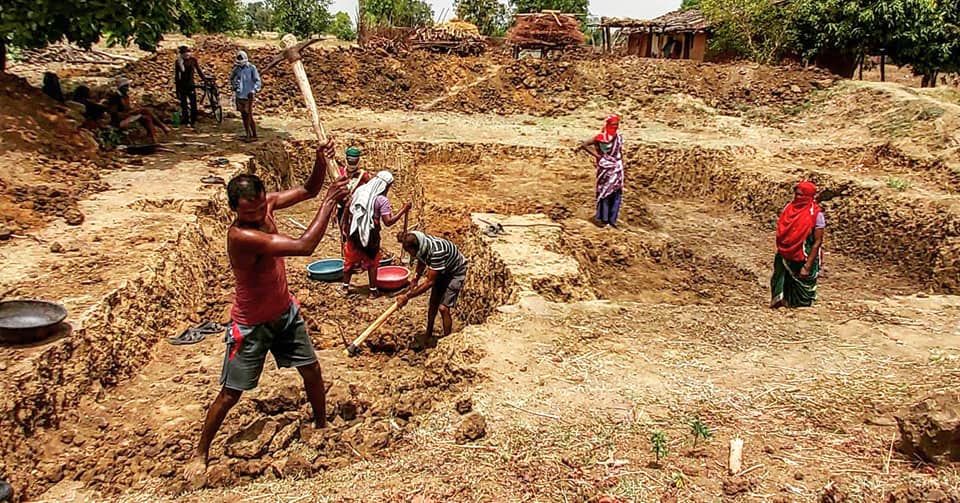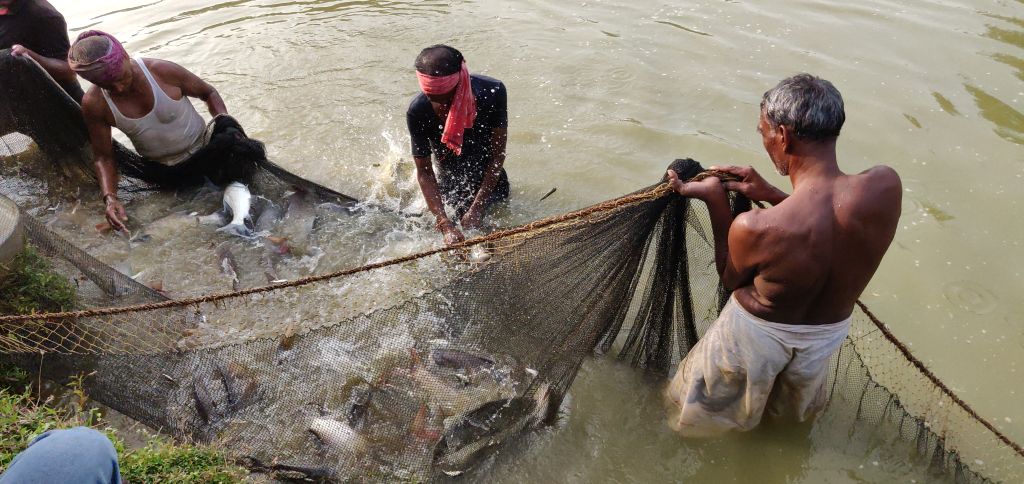Organization: Professional Assistance for Development Action
Designation: Employment Facilitator
Number of Positions: 1
Locations: 1)Coimbatore, Tamil Nadu
PRADAN aims at providing relevant employability skills to young women from its states of operation – Odisha, Bihar, Jharkhand, Chhattisgarh- and help them get linked to appropriate employment opportunities. A major destination of employment is in the four southern states of Telangana, Andhra Pradesh, Karnataka, Tamil Nadu and Delhi NCR Region in potential sectors such as manufacturing, automotive, e-commerce, garments, textiles, hospitality, healthcare and retail industry. PRADAN is looking for a person to liaison with employers and young women who are engaged so that they work in a dignified work environment, able to retain themselves and build a long-term career for themselves. The person would be reporting to Integrator, PRADAN.
Key Deliverables:
- To liaise with the employers to ensure proper employment contracts are executed
- Take up visits to employment facilities to ensure that the conditions of employment contract are being practiced such as timely payment of remuneration, protection through insurance, PF, ESIC and other staff welfare measures, dignified working conditions, measures against harassment and discrimination, etc.
- To interact with the young women employed to understand about their welfare and sort out issues if any related to their employment
- Facilitating Life skills/ employability skills training with candidates placed in formal jobs.
- To facilitate the young women to pursue their career aspirations and arrange for their upskilling
- To liaise with skill building institutes (both public as well as private/CSR)
- To remain in contact with agencies working in the employment space to understand the scope for employment in various sector and skills in demand
- Establish strong relationships with Vendors, Outsourcing agencies, HR agencies, staffing companies and other relevant stakeholders to generate employment opportunities.
- To conduct job fairs in coordination with Employers/HR agencies and field teams.
- To conduct pre-placement, post-placement and career guidance activities with candidates.
- To support candidates in job retention.
- To document the impact of the intervention
- To represent PRADAN in meetings, events and forums in consultation with the Team Lead
QUALIFICATIONS, EXPERIENCE AND COMPETENCIES:
Education
Applicants must have Degree/Post Graduate Degree/ Diploma preferably in Social Sciences, Rural Development/ Management or equivalent, from a reputed institute.
Experience
(1) Minimum 3 to 5 years of experience in rural / urban development / skilling / employability programmes.
(2) Experience of working with employment generation programs is preferable, and not mandatory.
Skills and Competencies:
(1) Good written and oral communication skills in English and functional communication in Hindi and Tamil is preferable
(2) Excellent interpersonal skills
(3) Excellent team skills
(4) Willing to travel
COMPENSATION OFFERED
Compensation offered to the selected candidate shall be commensurate with qualifications, experience, and past salary history.
LOCATION
The job requires the person to be on the go; can operate from Coimbatore but should be willing to visit the employment facilities on a regular basis.



